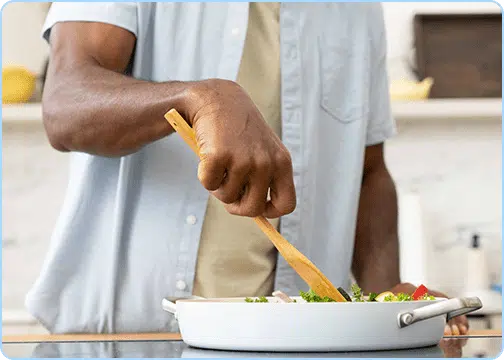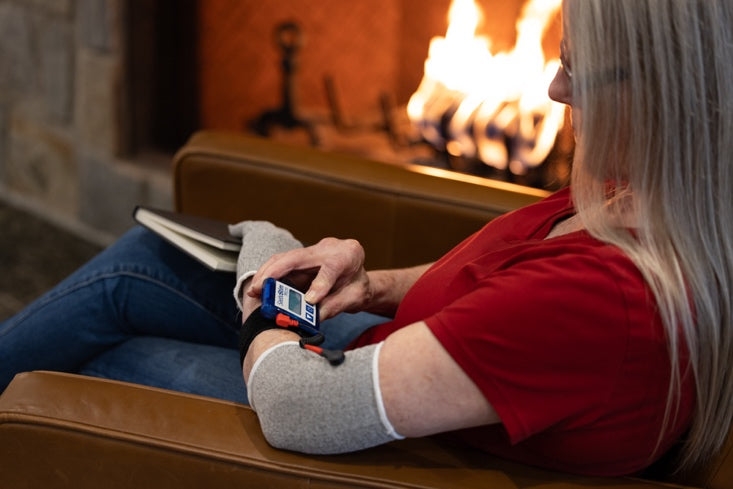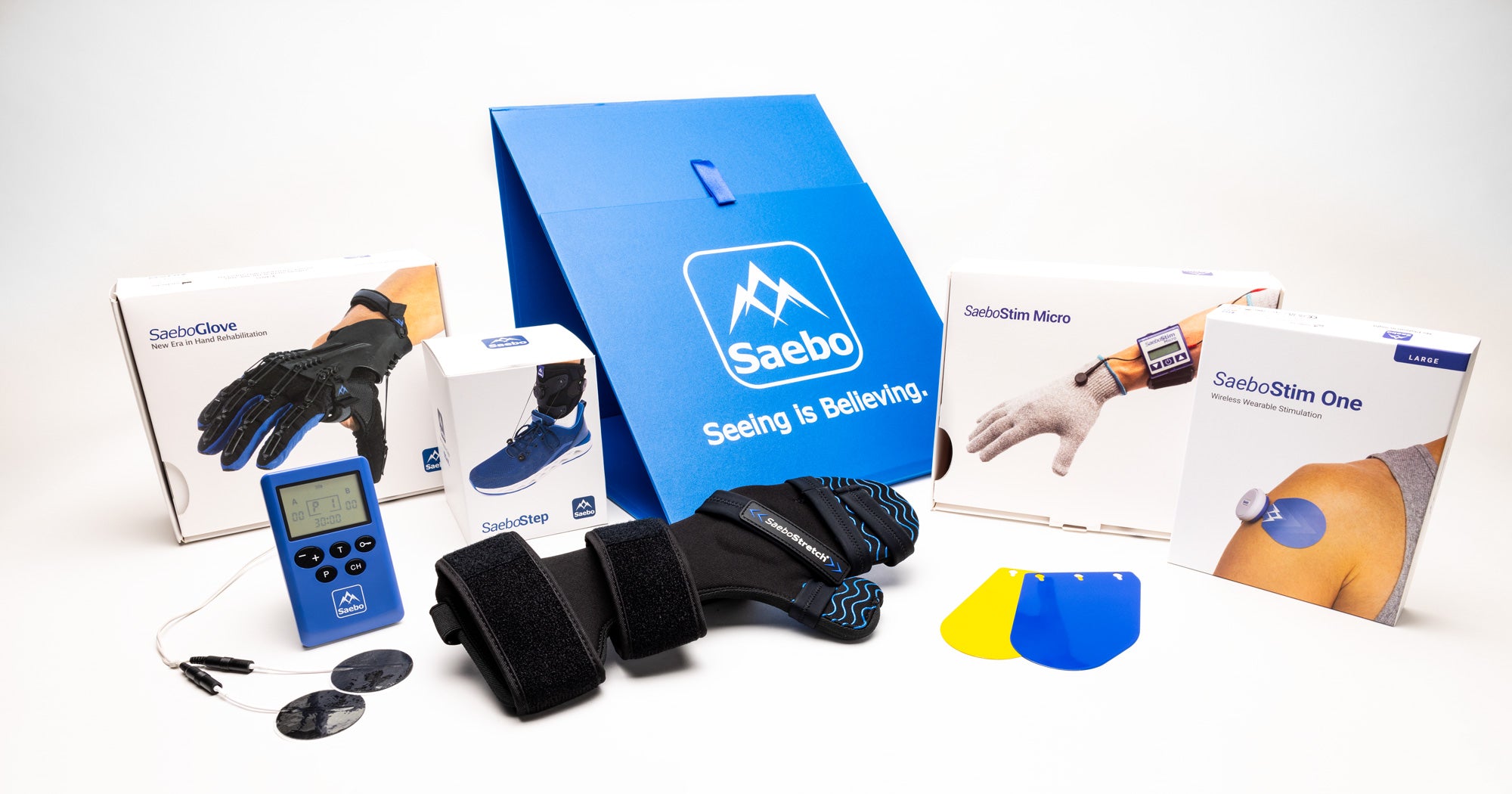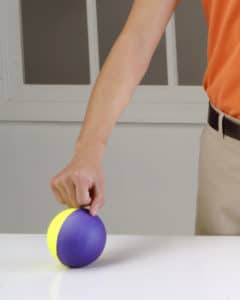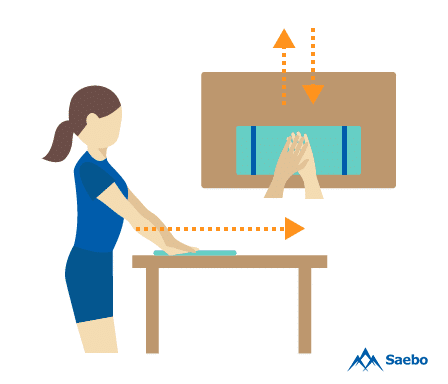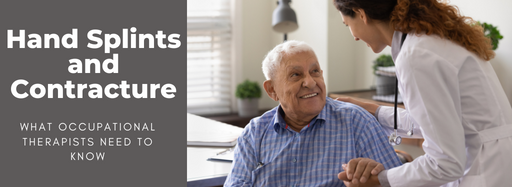Repetition Improves Stroke Recovery Time
In all stages of growth and development, repetition is key to successful long-term learning and information retention. Repetition is especially beneficial for stroke survivors who seek to regain motor function,...
Pseudobulbar Affect - Not All Crying After Stroke Is Depression
Among stroke survivors, feelings of depression and sadness are unfortunately common. The body has experienced acute changes both physically and mentally, and certain emotional responses may be triggered as a...
How a Stroke In The Right brain Affects The Body & How to Recover
Two is stronger than one, and your brain is no exception to the adage. What many people may not realize is that your brain consists of two distinct parts that...
Intensive 2-Day Stroke Boot Camp Now Available
Offered by Saebo’s co-founder, Henry Hoffman, as well as occupational therapists specializing in neurorehabilitation, the Stroke Arm and Hand Clinic provides an intensive, 2-day upper extremity treatment program for patients...
Reclaim Your Reach With Shoulder Exercises For Stroke Recovery
Recovering your arm and shoulder movement after a stroke can be challenging. If you can't easily grasp and release objects, move your arms forward, or use your arms to support...
Important Facts About Stage 4 of Stroke Recovery
In the 1970s, a Swedish occupational and physical therapist named Signe Brunnstrom developed a seven-stage approach to stroke recovery. The focus of the Brunnstrom Approach is the restoration of motor...
Important Facts About Stage 3 of Stroke Recovery
Swedish occupational and physical therapist Signe Brunnstrom was an important figure in advancing our understanding about restoring motor skills in stroke patients. Based on different limb synergies, she devised a...
Important Facts About Stage 2 of Stroke Recovery
As stroke survivors recover, most gradually regain strength and movement in the muscles and may eventually enjoy full restoration of function. They may regain reflexes first, then voluntary movements, and...
Hand Splints and Contracture: What Occupational Therapists Need to Know
Suffering a stroke is debilitating and scary, and survivors are often affected much longer than the stroke itself actually lasts. Many patients experience spasticity and contracture during their stroke recovery...
Sleep After A Stroke The Key To Faster Recovery
Sleep disruption is very common after suffering a stroke, more than half of survivors have problems sleeping in the months following. Poor sleep can slow recovery, cause depression, and even...
17 Ways To Help Stroke Survivors Recover Faster
If you or a loved one has suffered from a stroke, there are many difficulties that can develop as a result. Primarily, these effects are physical, emotional, and cognitive. Below,...
Foot Drop Recovery: Understanding All Of Your Options
Throughout the process of rehabilitation, the effects of a stroke or debilitating injuries on the body become clearer over time. Whether you're a survivor yourself, a caregiver, or a family...
